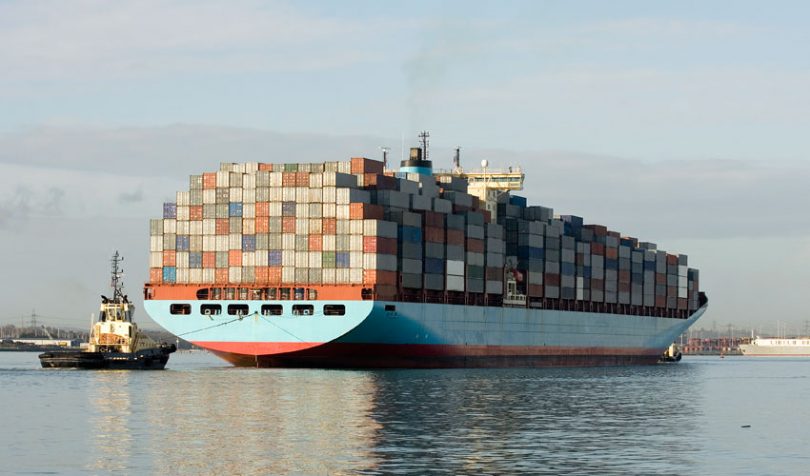Associated British Ports (ABP), the UK’s leading port operator, has signed a Memorandum of Understanding (MoU) with digital logistics firm Marine Transport International (MTI). The plan is to create a detailed pilot to assess the potential of blockchain technology to improve port connectivity.
ABP operates 21 ports across the UK and handles 25% of British seaborne cargo. Accordingly, it deals with a number of ports and logistics firms across the globe and moving cargo through ports swiftly and smoothly is central to its business.
MTI wishes to change the current shipping operation where each supply chain player – shippers, hauliers, port operators, carriers – uses their own system. Crucially these systems do not communicate with one another forcing stake holders to continually re-enter data at each stage of the supply chain.
MTI’s technology removes this inefficiency by offering a secure link between all the different systems. Consequently, a ‘single version of the truth’ will be shared across all stakeholders.
“The logistics industry is awash with proprietary technology that forces users to work in a certain way – with blockchain, we can connect all those systems to ensure data is accurately and quickly shared, helping speed-up and simplify the flow of trade in and out of the UK,” said Jody Cleworth, founder and CEO of MTI
Back in April, talking at the Blockchain Expo, Cleworth outlined some of the benefits of blockchain in the sector: “The transportation industry, particular container logistics and shipping, is probably one of the most distrusting industries in the world. Look at the benefits: some of the cost savings we’ve unlocked simply on the landside supply chain is up to 90%. These companies want to keep it for themselves.”
As part of the agreement, APB will commit to participating in MTI’s blockchain solution in pilot shipments.
Ron Crean, Group Head of Marketing for ABP and leader of this project, commented, “Our aim is to support our customers in achieving frictionless trade. Based on the results from our previous proof of concept project, we are now looking at ways to deploy enterprise-level solutions that can deliver trust, security and speed.”
Other projects
There are numerous freight and port projects in progress. The highest profile is the IBM/Maersk TradeLens project.
There’s a consortium led by Accenture that includes container company APL, and the world’s number one seafreight forwarder Kuehne + Nagel, as well as client ABN InBev.
Another major project is the Singapore-based Open Trade Blockchain platform. But there are several other blockchain trade systems as many countries such as Australia and the UAE are developing their own.







